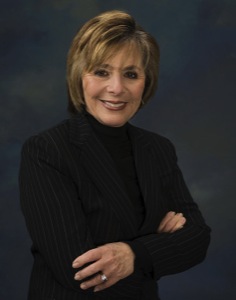
Sen. Barbara Boxer once told a group of LGBT activists “I’m your girl!” when lamenting her under use in the No on 8 Campaign. As one of the earliest and fiercest advocates for equality issues across the board, I would be sorry to see her retire, but various whispers and a depleted campaign account suggest she may not be revving up for a 2016 campaign. Should Sen. Boxer opt out, a flood of ambitious California politicians would eye the first open California Senate seat since 1992, including the following 10 …
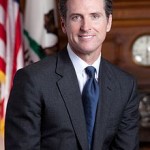
Lt. Gov. Gavin Newsom. When Newsom relit the marriage equality debate as mayor of San Francisco in 2004, a majority of pundits wrote his political obituary. The smarter minority realized it would make him more electable as a business friendly Democrat who was also a progressive hero. The only thing that keeps Newsom out of an open Senate race would be a decision that governor of California is the better step to the presidency.
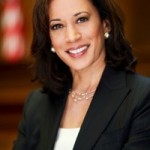
Attorney General Kamala Harris. Harris’ office makes her the elected woman of color with the largest constituency in the U.S. She has tried to cut a moderate path on issues like the death penalty, which she personally opposed but had defended in court as a state official. It’s hard to imagine her not jumping in to an open Senate race unless she, too, would prefer the governor’s mansion or thinks her chances would be better in 2018, when an 85-year-old Sen. Dianne Feinstein might retire as well.
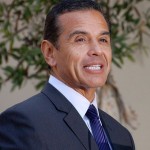
Former Los Angeles Mayor Antonio Villaraigosa. That a two term mayor of California’s largest city had no real option for higher office in 2014 speaks to the bottleneck that Boxer, Feinstein and Brown have created for younger politicians in California. It’s probably past time that California elects a Latino senator, and Villaraigosa can make a strong case it should be he.
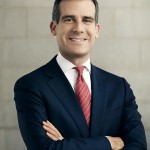
Los Angeles Mayor Eric Garcetti. In normal circumstances, the mayor of any state’s largest city would be a top tier candidate for Senate, even in his first term. These are not normal circumstances. The personas of Newsom, Harris and Villaraigosa not only put Garcetti in the shadows a bit, but they also cover most of the Democratic base (LGBT, women, Latinos) and some geography. If one of the big three decided not to run, Garcetti may try to fill the void.
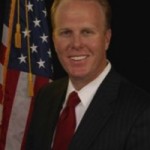
San Diego Mayor Kevin Faulconer. The mayor of San Diego would always be in the mix for a Senate seat, and the depleted Republican bench helps Mayor Faulconer as much as the deep Democratic bench may hurt Garcetti. If Faulconer deferred, Republicans would be left with congressmembers, state legislators or rich executives. Still, a Senate run is a risk for a Republican in California, especially in a presidential year. Should his 2016 re-election prospects look good, Faulconer may be wise to wait for a better electorate in 2018.
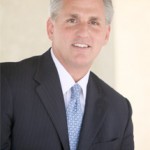
U.S. Representative Kevin McCarthy. California’s sheer size makes it hard for congressmembers to have the name recognition needed and donor base needed for a state wide run. As House Majority Leader, McCarthy may be the exception. A California Senate seat would be a feather in the cap of the national GOP, so he may get some pressure to run. Like Faulconer, he will have to decide if he considers his current job better, or at least safer.
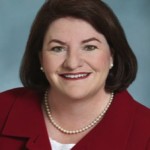
Assembly Speaker Toni Atkins. Assembly Speaker is technically the fourth highest office in the state, but it isn’t the best launching point for a state wide run. (If you have any doubts, ask former Speaker John Perez, who didn’t make it through the primary for state controller.) Still, Atkins is a prodigious fundraiser, respected by her colleagues and terms out in 2016. Atkins could make a strong case that Southern California needs a voice in the U.S. Senate after nearly a quarter of a century of San Francisco Bay representation, and would have a natural base in the LGBT community and women’s groups.
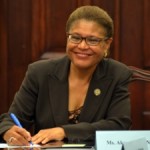
U.S. Representative Karen Bass. Another exception to the congressmember profile issue is Bass, who maintains some statewide name recognition from her time as Assembly speaker and has been able to use TV interviews, most notably on MSNBC, to raise her profile with national progressives. She could leverage her Washington, D.C. connections into a nationwide donor base, has ties to numerous Democratic constituencies, and, like Atkins, can argue it’s time for a Southern California senator.
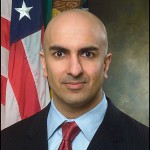
Gubernatorial candidate Neel Kashkari. If Kashkari becomes governor, he doesn’t run for Senate, but that’s incredibly unlikely. If he beats the spread in his loss and the Tea Party forgives him for administering the Troubled Asset Relief Program (TARP), he may take a second crack at statewide office. Given the current state of the GOP in California, a one-time loser with name recognition may be a better alternative than a little known state legislator or U.S. representative.

Fresno Mayor Ashley Swearengin. Swearengin, a Republican, won the 2014 primary for state controller, besting both former Assembly Speaker John Perez and Board of Equalization member Betty Yee. If she wins statewide in November, she immediately looks like an electable alternative for higher office. If she loses well, much like Kashkari, her profile may earn her a second run.











